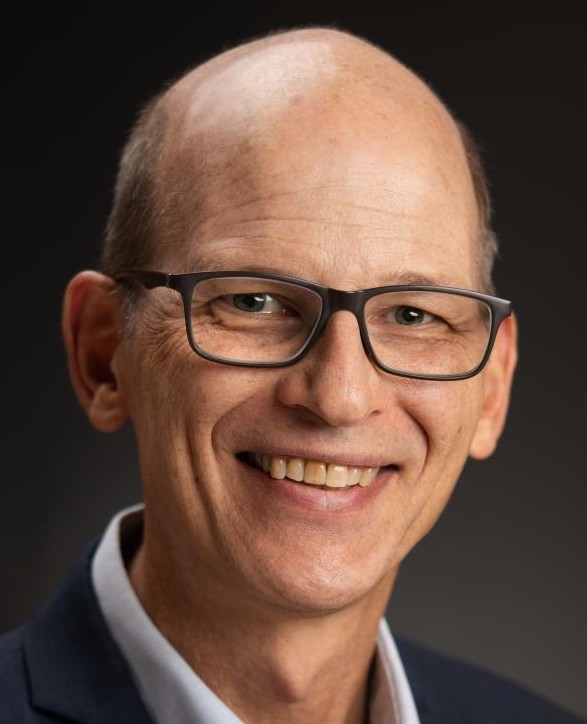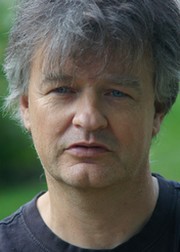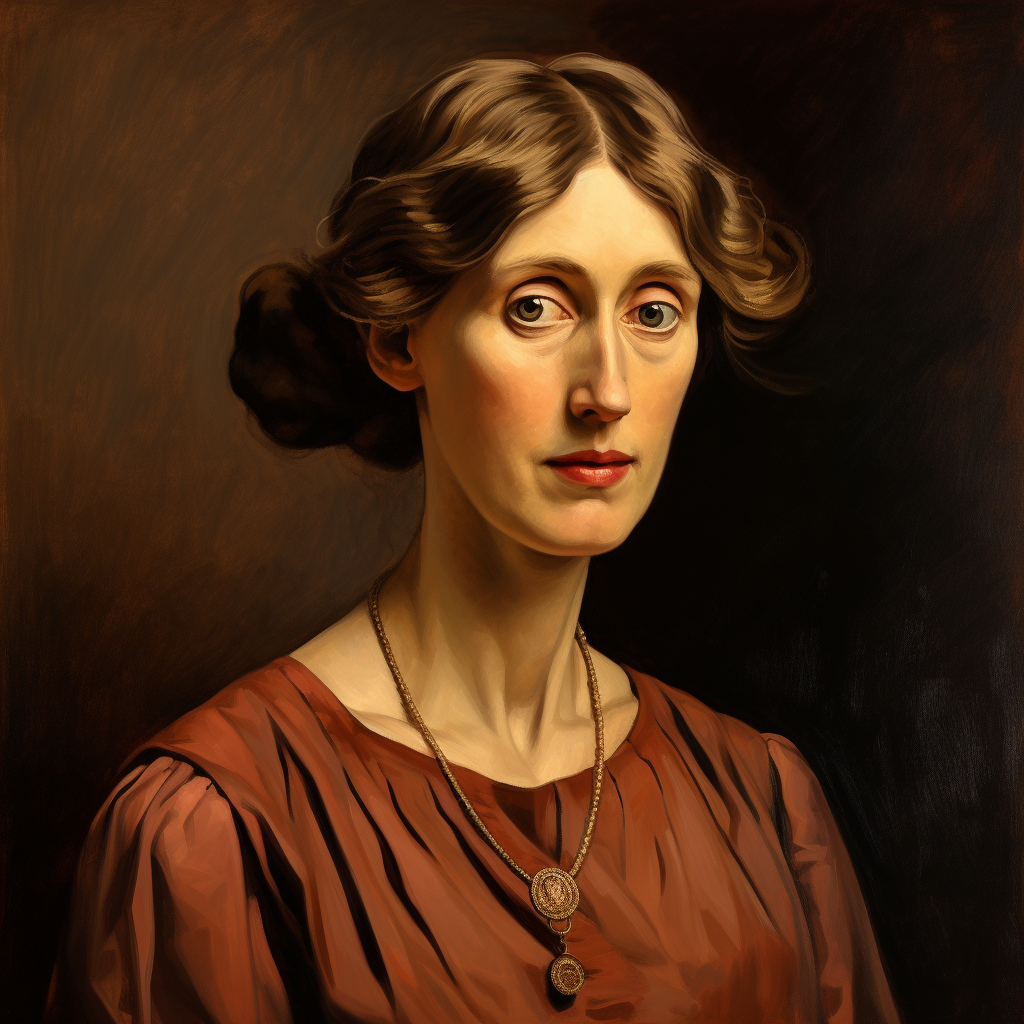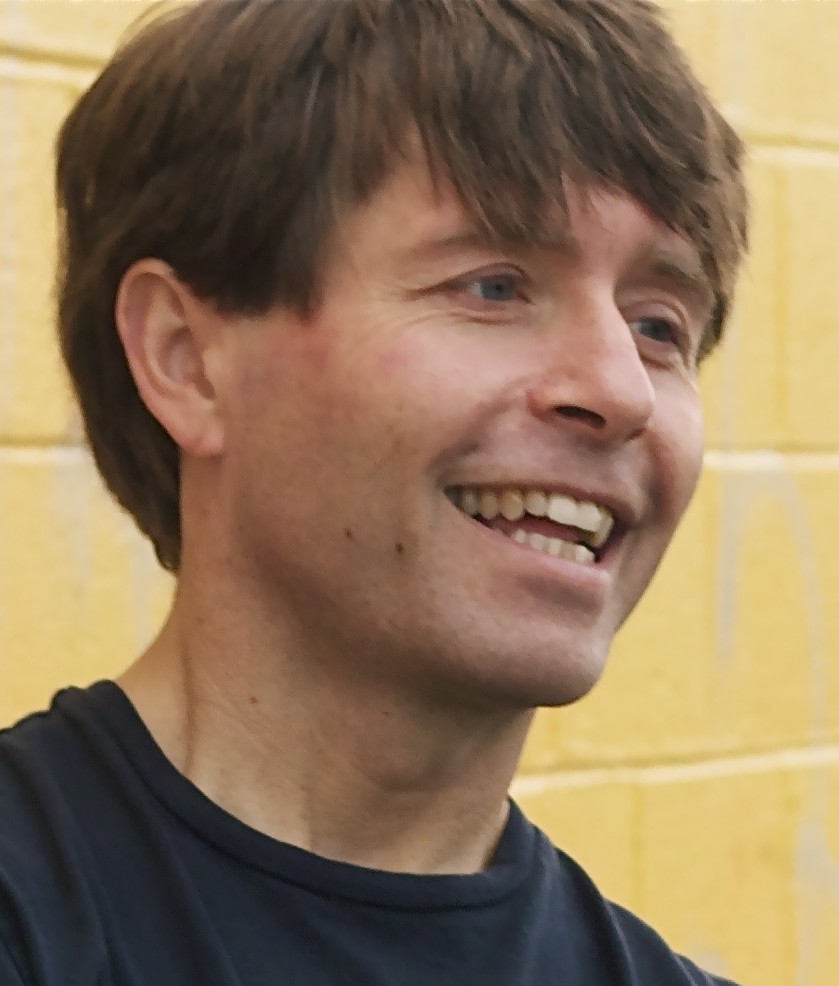- Details
- Hits: 724
|
|
OttoSELLES |
|
|
Otto Selles is a professor of French at Calvin University (Grand Rapids, MI), where he chairs the departments of World Languages and Art and Design. He studied at McMaster University in Hamilton, ON (BA, MA) and at the University of Paris-IV Sorbonne (PhD). His academic research focuses on eighteenth-century French literature and the fate of the Huguenots in France before the French Revolution. He is also a photographer and poet. The poem published here (which was originally published in the Reformed Journal in April 2012) opens his upcoming collection Matins, to be released by Pandora Press (Hamilton, ON). It is worth noting that the characteristics of this poem include both poetic and narrative elements, allowing it to be interpreted as a One-Page story.
|
||
|
|
||
|
Matins
Before the alarm, before the reminders about lunches, band, the dentist, and soccer, I slip out of bed and watch the kettle boil to life. I greet the toast tenderly, and the jam, once again, surprises, so sweet, so sticky. Through the kitchen window I sense the sullen pine tree fenced between the garage and the power lines. I sip, chew, and cast a thought into the dark, or rather a question about the day, about what might or might not happen.
|
||
|
These texts are published with the kind authorization of the author.
|
||
- Details
- Hits: 1028
|
|
TimBOWLING |
|
|
Tim Bowling was born and raised near Vancouver, British Columbia and has lived in Edmonton, Alberta for many years. He is the author of twenty-five books of poetry, fiction, and nonfiction, and the recipient of numerous honours, including a Guggenheim Fellowship, five Alberta Book Awards, two nominations for the Writers Trust of Canada Awards, and two nominations for the Governor General's Award. His latest books are a collection of short stories, Graveyard Shift at the Lemonade Stand (Freehand Press, 2025) and a poetry collection, In the Capital City of Autumn (Wolsak and Wynn, 2024).
|
||
|
|
||
|
A boarder coughs in an attic room, a child’s fever breaks, dark branches gull the glass of an upstairs window, and someone reaches for the Seneca on the shelf.
Old houses.
Something is happening at the end of their long hallways: the heart of the past is foreclosing on itself.
From Selected Poems (Nightwood Editions, 2013)
This is the only letter God will ever send you. And if, opening it, you expect answers, advice, condolences, you will find a signature of bone. Otherwise, a great hunched watchfulness will leave your body, and perch on the black branch between stars.
From Selected Poems (Nightwood Editions, 2013)
|
||
|
These texts are published with the kind authorization of the author. |
||
|
|
Virginia
|
|
|
|
||
|
Green
The pointed fingers of glass hang downwards. The light slides down the glass, and drops a pool of green. All day long the ten fingers of the lustre drop green upon the marble. The feathers of parakeets—their harsh cries—sharp blades of palm trees—green, too; green needles glittering in the sun. But the hard glass drips on to the marble; the pools hover above the dessert sand; the camels lurch through them; the pools settle on the marble; rushes edge them; weeds clog them; here and there a white blossom; the frog flops over; at night the stars are set there unbroken. Evening comes, and the shadow sweeps the green over the mantelpiece; the ruffled surface of ocean. No ships come; the aimless waves sway beneath the empty sky. It's night; the needles drip blots of blue. The green's out.
The snub-nosed monster rises to the surface and spouts through his blunt nostrils two columns of water, which, fiery-white in the centre, spray off into a fringe of blue beads. Strokes of blue line the black tarpaulin of his hide. Slushing the water through mouth and nostrils he sings, heavy with water, and the blue closes over him dowsing the polished pebbles of his eyes. Thrown upon the beach he lies, blunt, obtuse, shedding dry blue scales. Their metallic blue stains the rusty iron on the beach. Blue are the ribs of the wrecked rowing boat. A wave rolls beneath the blue bells. But the cathedral's different, cold, incense laden, faint blue with the veils of madonnas.
From Monday or Tuesday, 1921
|
||
- Details
- Hits: 795
- Details
- Hits: 1094
|
Picture Andrew MacCormack |
Michael
CRUMMEY |
|
|
MICHAEL CRUMMEY is a Canadian writer. He is the author of seven books of poetry and a collection of short stories, Flesh and Blood. He has also authored different novels: River Thieves (2001) The Wreckage (2005), Galore (2009), Sweetland (2014), and The Innocents (2019). His work has been published internationally and has won and been nominated for many national and international awards, including the Writers’ Trust Fiction Prize, the Giller Prize, the Governor General’s Literary Awards, the Commonwealth Prize, and the International Dublin Literary Award. His latest novel, The Adversary (2023), was a #1 national bestseller. Michael Crummey lives in St. John's, Newfoundland, Canada.
|
||
|
|
||
Breen’s Island lies in the mouth of Indian Tickle, two rocks hinged by a narrow strand of beach, fused vertebrae in a long spine of water running between two larger islands. He hasn’t laid eyes on the place in fifty years and hoped to this afternoon, but there’s a heavy sea on as they labour through Domino Run and the Skipper won’t chance the passage. Rain, and grey waves breaking on the headlands, water worrying stone. He and his son stare down through the Tickle with binoculars as the ship staggers by the northern entrance, Breen’s Island out of sight behind a crook of land. As they trace the arm of the Tickle in open water, he names the pairs of islands to port: the Gannets, the Ferrets, the Wolves. The seascape like a book of rhymes from childhood he is unforgetting in fragments. He points out the stretch of bog where they picked bakeapples in August, the deep water shoals best for jigging cod at season’s end. And Breen’s Island just over the cliff to starboard, as good as fifty years away. When the ship clears the arm they turn to watch the Tickle recede, passing the binoculars back and forth between them. Half a dozen tiny islands in the mouth, one revealed behind the other like a series of Chinese boxes each hidden inside the last. Do you see it, his son asks, and he grins uncomfortably, as if he wants to say yes for his son’s sake but can’t. They aren’t close enough to make it out for sure. He knows they never will be. The ship heaves south on the dark swell toward Red Point, Indian Tickle slowly blurring out of focus. The steady drift of rain like a cataract clouding his eyes.*
From Hard Light, 2015, Brick Books
I, Ellen Rose of Western Bay in the Dominion of Newfoundland. Married woman, mother, stranger to my grandchildren. In consideration of natural love and affection, hereby give and make over unto my daughter Minnie Jane Crummey of Western Bay, a meadow garden situated at Riverhead, bounded to the north and east by Loveys Estate, to the south by John Lynch’s land, to the west by the local road leading countrywards. Bounded above by the sky, by the blue song of angels and God’s stars. Below by the bones of those who made me. I leave nothing else. Every word I have spoken the wind has taken, as it will take me. As it will take my grandchildren’s children, their heads full of fragments and my face not among those. The day will come when we are not remembered, I have wasted no part of my life in trying to make it otherwise. In witness thereof I have set my hand and seal this thirteenth day of December, One thousand Nine hundred and Thirty Three.
Her Ellen X Rose Mark
From Hard Light, 2015, Brick Books
I was twenty years younger than my husband, his first wife dead in childbirth. I agreed to marry him because he was a good fisherman, because he had his own house and he was willing to take in my mother and father when the time came. It was a practical decision and he wasn’t expecting more than that. Two people should never say the word love before they’ve eaten a sack of flour together, he told me. The night we married I hiked my nightdress around my thighs and shut my eyes so tight I saw stars. Afterwards I went outside and I was sick, throwing up over the fence. He came out the door behind me and put his hand to the small of my back. It happens your first time, he said. It’ll get better. I got pregnant right away and then he left for the Labrador. I dug the garden, watched my belly swell like a seed in water. Baked bread, bottled bakeapples for the winter store, cut the meadow grass for hay. After a month alone I even started to miss him a little. The baby came early, a few weeks after my husband arrived home in September. We had the minister up to the house for the baptism the next day, Angus Maclean we named him, and we buried him in the graveyard in the Burnt Woods a week later. I remember he started crying at the table the morning of the funeral and I held his face against my belly until he stopped, his head in my hands about the size of the child before it was born. I don’t know why sharing a grief will make you love someone. I was pregnant again by November. I baked a loaf of bread and brought it to the table, still steaming from the oven. Set it on his plate whole and stood there looking at him. That’s the last of that bag of flour, I told him. And he smiled at me and didn’t say anything for a minute. I’ll pick up another today, he said finally. And that’s how we left it for a while.
From Hard Light, 2015, Brick Books |
||
|
These texts are published with the kind authorization of the author. |
||





